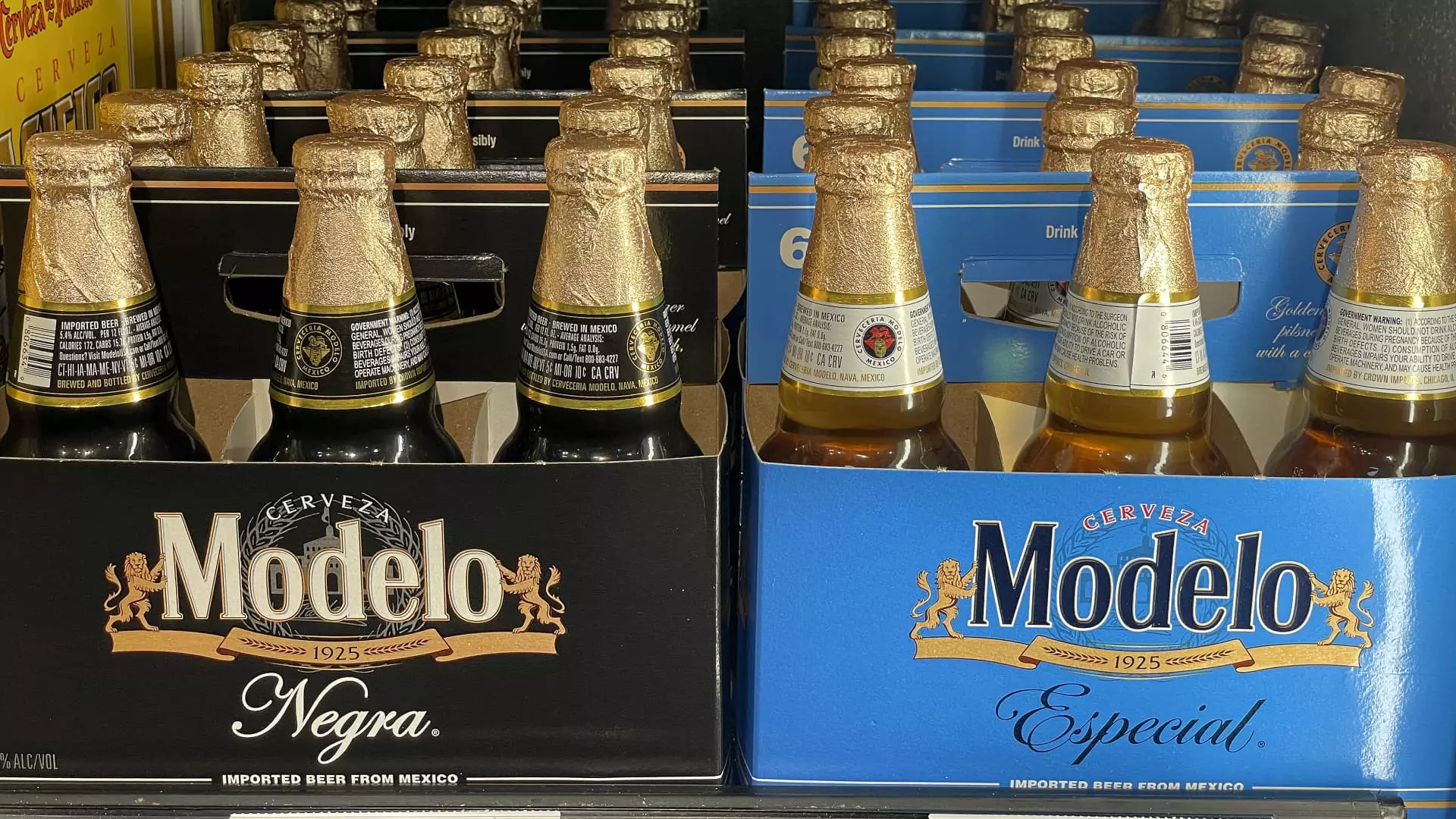Recent earnings reports from major corporations highlight a disturbing trend: consumer confidence is deeply unsettled by the political landscape, with tangible impacts on spending behaviors. Constellation Brands, a prominent player in the beverage industry, reports a 2% decline in beer sales—an indicator that economic fears, fueled by aggressive immigration policies and national uncertainty, are now affecting everyday consumption. Such a decline may seem marginal on paper, but it underscores a broader shift where stability feels increasingly elusive to many Americans. When consumers perceive threats to their jobs or community stability, discretionary spending naturally takes a hit. This is especially significant for companies like Constellation, which heavily depend on Hispanic consumers, comprising roughly half of their sales.
Immigration Policy as an Unintended Economic Disruptor
CEO Bill Newlands’ comments reveal how immigration enforcement policies, such as ICE raids, extend beyond political discourse—they are quietly eroding economic activity within communities. Hispanic consumers, traditionally a dynamic segment of the U.S. economy, are now pulling back, unsure of their future stability or fearing job security. Such apprehensions are not merely anecdotal but are influencing purchasing decisions at a national scale, affecting even major brands invested heavily in Hispanic markets. This suggests that the implications of hardlining immigration are far-reaching: damaging consumer confidence, disrupting local economies, and inadvertently undermining industries that rely on vibrant, diverse communities.
Corporate Responses and the Illusion of Resilience
Despite these challenges, many corporations maintain an optimistic outlook, reaffirming their full-year guidance. However, this confidence appears more rhetorical than reflective of underlying economic realities. The reluctance to directly link sales decline to Hispanic consumer behavior can be viewed as a strategic attempt to shield investor sentiment. Yet, the truth remains: economic fears rooted in political decisions have palpable consequences. Cost increases from tariffs—another byproduct of current policy—compound the problem, squeezing margins and further dampening consumer enthusiasm. When major players like Coca-Cola and Colgate-Palmolive echo similar concerns, it becomes clear that this is not an isolated phenomenon but a systemic shift demanding honest acknowledgment rather than superficial reassurances.
Inescapable Political Echoes in Market Dynamics
This situation vividly illustrates how politics no longer resides within the realm of policymakers alone; its ripple effects are felt across markets, communities, and households. The attempt by corporations to downplay the influence of political decisions on consumer behavior comes across as out of touch with reality. Effective economic policy should consider the social fabric and the importance of stability for sustained growth. Neglecting these human factors risks pushing the economy into a cycle of decline, driven by fear and division. In this climate, a responsible and inclusive approach to governance and corporate engagement is vital to fostering genuine consumer confidence and economic resilience.

